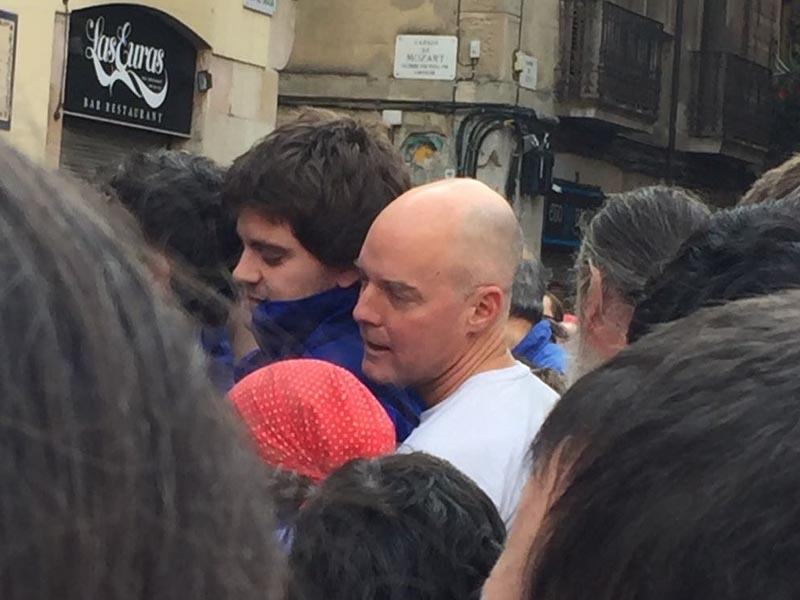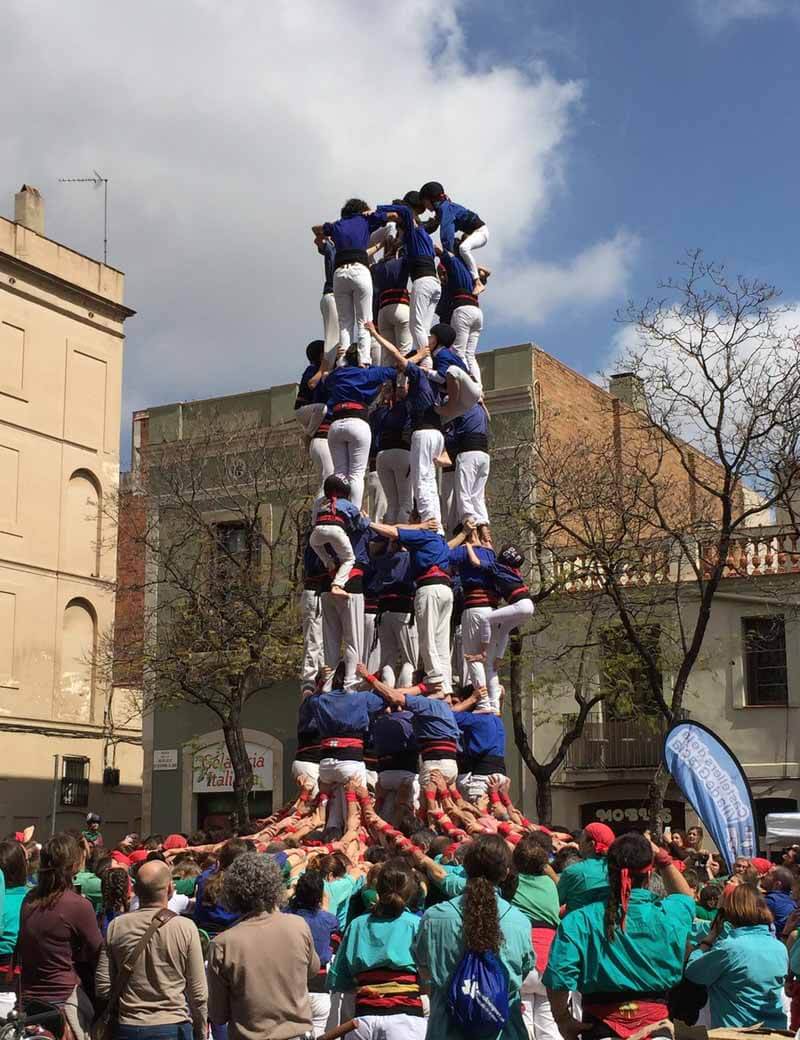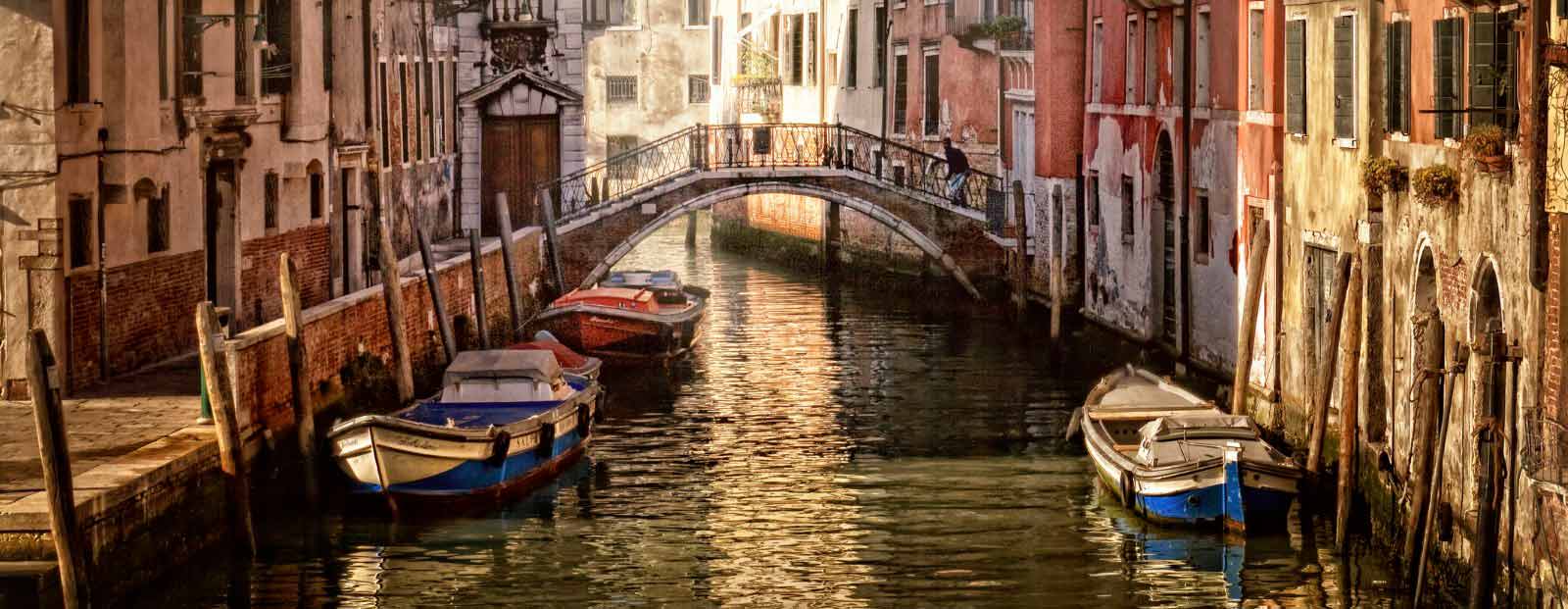
By Nick Sustana
Travel Writer9 Mar 2020 - 5 Minute Read
It wasn't the fact that I was standing in a public square with my arms wrapped tightly around the waist of the stranger in front of me. Nor was it the fact that another stranger was snuggling up so close behind me that his mustache tickled my neck. And to be honest, it wasn't the guy standing barefoot on my shoulders with his hairy toes next to my face.
No, what made me nervous was the realization that at any moment a seven-year-old girl might fall out of the sky and snap my neck like a pencil, leaving me to explore the rest of Barcelona in a wheelchair.

Minutes earlier, I'd been relaxing in the plaça with several hundred other people and watching a group of Catalans construct giant human towers called “castells.”
Castells are one part Cirque de Soleil, one part drunk frat boys who should really know better. Dozens of people cram together to form a solid base. A second group climbs on top of them, then a third group, and so on. The poor souls who have to scramble to the tops of these swaying piles of human Jenga are always kids. This is either because kids are light and easy to support, or because kids don't really grasp what happens to a human body if it falls 30ft (9m) to the pavement.
I'd already been watching the group for half an hour when one of the members surprised me by asking if I'd like to join. I noticed he was holding a beer.
Some people leap at these types of opportunities. I am not one of them. I'm the person who stands a safe distance away and enthusiastically applauds other people's bravery. Casual observers rarely end up strapped to gurneys, after all.
I was convinced that no good would come from my participation. If a chain is only as strong as its weakest link, my involvement would steer this castell straight towards gruesome tragedy. But before I could explain this, my new friend threw his now empty beer can on the ground, dragged me through the crowd, and wedged me into the base of the castell.

The group's band started playing a drum-and-bagpipe tune. It sounded like a funeral dirge. The crowd grew silent. I felt someone's heel dig into my shoulder. I held my breath. I held the man in front of me. I waited for the inevitable collapse.
A minute later, a girl barely out of kindergarten finished climbing 30 feet up the backs of her possibly inebriated teammates to the top of the castell. When she raised her tiny fist triumphantly, the crowd erupted in cheers.
I'm sure that in their hearts, though, they knew who the real hero was that day.
Discover similar stories in
fear
Travel Writer
Nick Sustana is an American writer living in Barcelona. He holds fast to the belief that traveling is one of the greatest forms of education.


1 Comment
Dear Nick,
We in India especially those living in and near Mumbai have been witnessing and participating in such events for generations. This event is called ‘ Dahi Handi’ - literally meaning Pot of curds and is associated with the tale of Lord Krishna a well known Hindu deity.
The Govindas or castellars build human pyramids with drums beating and bystanders pouring coloured water on them. The youngest member of the team then climbs to the top and breaks the pot of curds. This game involves a lot of prize money nowadays and several groups from Spain travel to India especially to participate in them. Do visit Mumbai for an experience!